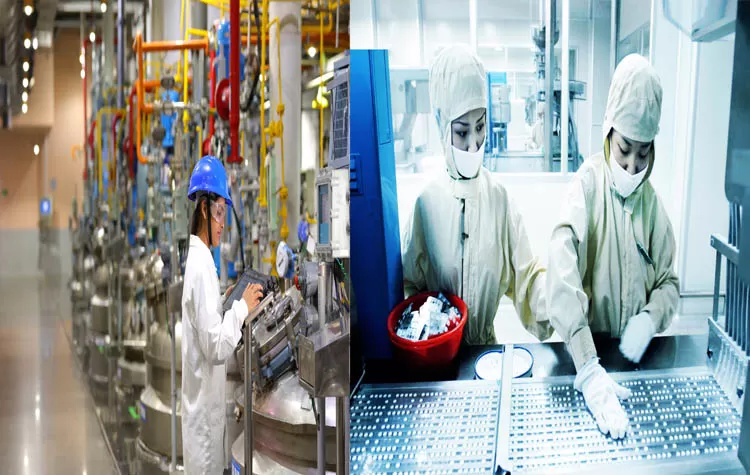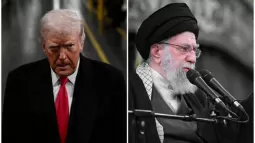
China Launches Bidding for 55 Medicines
The Chinese Ministry of Health has recently opened a tender for the supply of 55 varieties of medicines, which also include drugs for infections, tumors, allergies, and other diseases. The pre-qualified list included 272 pharmaceutical firms, out of which Indian pharmaceutical firms have secured contracts for seven medicines.
Indian Companies Expand Their Presence in China
- Indian pharmaceutical firms have been gradually expanding their presence in China. Apart from bagging contracts for bulk generic medicines, they supplied dapagliflozin, a key medication for diabetes. Companies participating in the competitive bidding organized by the Chinese Ministry of Health include Cipla, Dr. Reddy's Laboratories, Natco Pharma, Annora Pharma, and Hetero Labs.
- Per the ICEC, these companies have won contracts under different categories. Hetero Labs and Cipla have emerged winners to supply dapagliflozin tablets to several Chinese provinces on the VBP system. Annora Pharma secured a contract to supply oxcarbazepine tablets, while Natco Pharma won one for olaparib tablets.
- Kunshan Rotam Reddy Pharmaceutical Company, a subsidiary of Dr. Reddy's Laboratories in China, secured contracts for four varieties of medicines. According to the reports by ICEC, dapagliflozin tablets sales in China are more than $1.14 billion-approximately ₹10,000 crore-in the small-molecule drug segment.
New Opportunities for Indian Firms
- This development is a big opportunity for Indian pharmaceutical firms, according to industry analysts. Opening doors for supplying medicines from India might lead to broader market access in the near future. Until recently, only Chinese and multinational companies were active in China's pharmaceutical sector.
- Although many global pharmaceutical companies operate in China, few have entered or been successful in the VBP system as bids are primarily awarded to firms offering the lowest price. This has therefore made it difficult for many multinational firms to compete.
- The increasing population of elderly people in China raises the healthcare costs, pressuring the government into calling for medicine price cuts. Chinese companies dominated the supply of APIs and bulk drugs as a result of their lower cost of production. They are difficult to compete with.
- The Indian pharmaceutical companies also import a lot of bulk drugs from China. Considering all these factors, supply contracts in China are major wins for the firms, according to experts.
- Indian Pharmaceutical Presence in China Presently, around ten Indian pharmaceutical companies are operating in China. Of these, some have set up manufacturing units there. The Indian companies will need to focus on swift drug registration, local production, and timely product launches. Long-term growth also depends on reducing manufacturing costs. India runs a trade deficit of almost $100 billion, or around ₹8.8 lakh crore, with China. The Indian government has been pressing China to import more medicines from Indian companies in order to bridge the gap. And now, after years of discussions, China has finally opened its pharmaceutical market to Indian companies.













